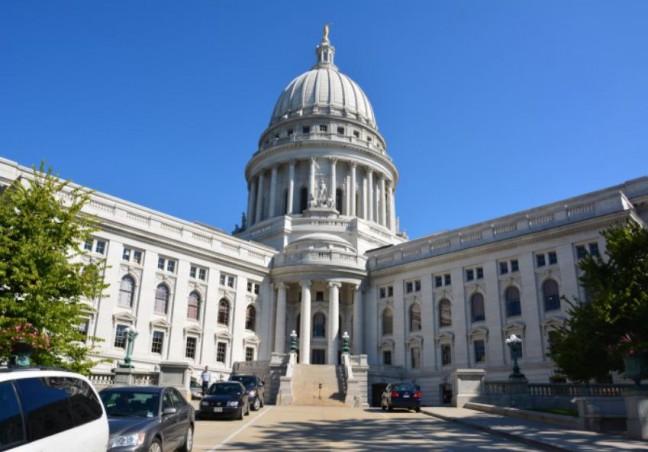Wisconsin GOP lawmakers are pushing to increase bipartisan representation in a state campaign finance oversight board by mirroring its federal counterpart — though experts say this may decrease efficiency.
The Wisconsin Government Accountability Board is in charge of overseeing Wisconsin elections and monitoring campaign financing to ensure they abide by state laws. Some Republican legislators want to implement a new system for appointing members to the board.
Currently, the board is made up of six non-partisan judges who are appointed by the governor and approved by the state senate. Following the Federal Election Commission’s model, Rep. Joe Sanfelippo, R-New Berlin, would instead like three democrats and three republicans to serve on the board.
Sanfelippo said in a statement a complete overall of the current board structure is necessary to eliminate “hidden agendas” that board members hold.
“It’s rather naïve to believe the six former judges and staff members who make up the GAB can be completely nonpartisan,” Sanfelippo said. “Just because they don’t have Rs or Ds next to their names … doesn’t mean they don’t have their own political views and, given the opportunity, won’t look to push their own agendas.”
Barry Burden, University of Wisconsin political science professor, said he is skeptical about using the federal model.
He said the commission is notoriously inefficient, ineffective and “completely dysfunctional.”
According to Burden, Federal Election Commission Chairperson Ann Ravel said because voting is often along party lines, the commission Republicans and Democrats have difficulty communicating with one another and agreeing on what issues the commission should address.
At times, everyone in the commission will vote together, but this is solely for the major parties to save face, Burden said.
“The FEC is not taking almost any action at all where it needs to,” Burden said. “It should be making decisions about how to interpret laws [and] how to deal with new situations that arrive. It’s become completely ineffective.”
If the Federal Election Commission model is implemented, the new board would require four votes to take any official action, Sanfelippo said. This means that if all the Republican and Democratic board members voted along party lines, no action could be taken. He said this should encourage each side to negotiate with each other.
Burden said the Government Accountability Board was founded in the early 2000s after now-infamous caucus scandals. At the time, fundraising was going on in public offices and public spaces, which was illegal, but there was no means to enforce the law, he said.
As a result, a bipartisan and nearly unanimous vote created the Government Accountability Board to consolidate the elections and lobbying sides of campaign finance into one agency.
“A lot of the legislators who actually voted for [the Board’s creation] have changed their mind and don’t like the outcomes they’re getting,” Burden said.
Wisconsin is the only state that uses an independent non-partisan agency to oversee elections, Burden said. Most states either have an elected partisan secretary of state or a bipartisan board where two parties choose who sits on it, he said.













